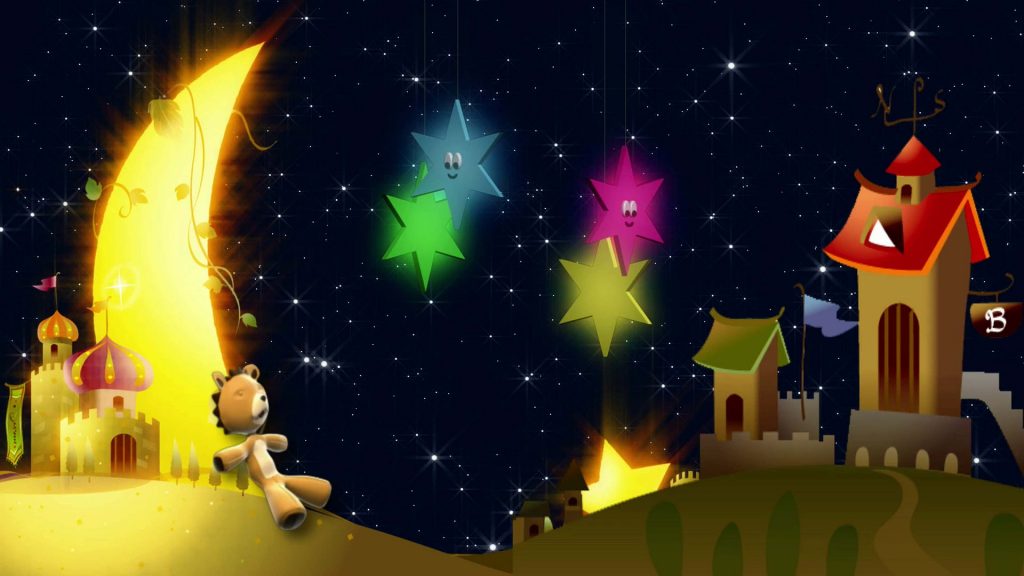
This mother was confused because, in her mind, her son does play. The therapist’s comments also prompted her to question if, since her son does play, it was a sign that he is not Autistic.
Now, I have a huge list of things to do today. Massive. But I was so frustrated by this post that I had to expunge my angst by writing a quick blog. Not at the mother. She sounds amazing and like she is supporting her gorgeous boy through his passions and preferences. But at the erroneous idea that there is some prescribed way to ‘play’. At the therapist who is perpetuating stigmas about Autistic people (we don’t play) and about play (there is a ‘right’ way to play).
Let’s look at definition of ‘play’. The online Cambridge Dictionary says that ‘play’ is a verb that means, in essence, to enjoy. It explains, ‘When you play, especially as a child, you spend time doing an enjoyable and/or entertaining activity’. It goes on to give many other meanings for the verb, including ‘to take part in a game’, but the main definition for play refers to its core feature of being enjoyable and/or entertaining.
Think about that for a minute.
Then realise that play is synonymous with enjoyment: it implies engagement, fun, immersion. The definition does not — and I say again, emphatically NOT — prescribe what play is. It describes the feeling that we experience when we play (enjoyment); it does not prescribe what activities constitute ‘play’.
So next time someone says that your child does not play, refer them to the dictionary. Whatever form your child’s enjoyment takes, that is their form of play. No prescriptions, no proscriptions, no restrictions. Just enjoyment.
And as for that myth that Autistic people don’t play? Let me contain my snort of unbelief. Or not.
Autistic people play. We play hard. What else are our passions, our stims, our interests?
For me, my ‘work’ is my ‘play’. I might not play within an educational psychology definition of ‘functional’ or ‘symbolic play’, but I play for my enjoyment. And my play makes me happy, and content, and peaceful, and fulfilled.

The Reframing Autism team would like to acknowledge the Traditional Owners of the lands on which we have the privilege to learn, work, and grow. Whilst we gather on many different parts of this Country, the RA team walk on the land of the Birpai, Awabakal, Wattamattagal, Whadjak, Amangu, Bunurong and Kaurna Yarta peoples.
We are committed to honouring the rich culture of the Aboriginal and Torres Strait Islander peoples of this Country, and the diversity and learning opportunities with which they provide us. We extend our gratitude and respect to all Aboriginal and Torres Strait Islander peoples, and to all Elders past, present, and emerging, for their wisdom, their resilience, and for helping this Country to heal.